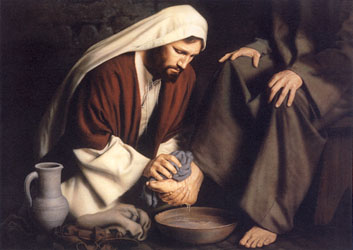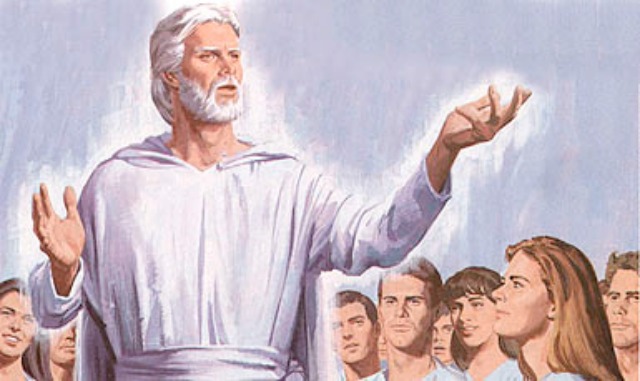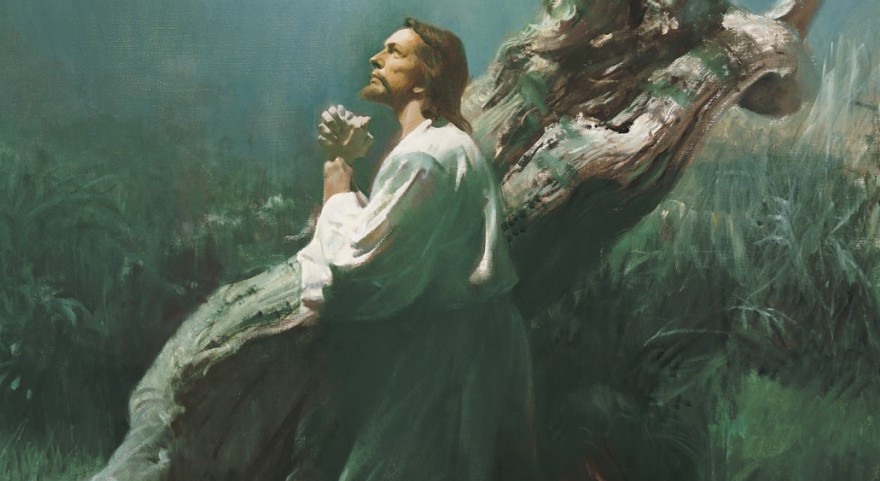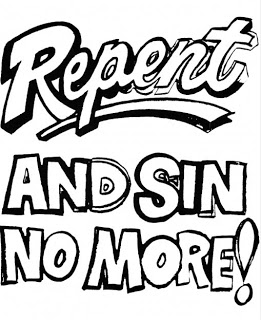Question
Gramps,
I just read your response to someone’s question about the significance of the washing of feet. You didn’t say much about it being an ordinance. In James E.Talmage’s book “Jesus The Christ,” he calls it an ordinance. In Joseph Smith’s journals there are several instances where he and other early church members carried out this ordinance. In this light, how is this ordinance significant?
Josiah
Answer
Josiah,
I’ll split the difference with you and say we’re both right. The Joseph Smith Translation closes John 13:10 by saying,
“Now this was the custom of the Jews under the law; wherefore, Jesus did this that the law might be fulfilled.”
So on one level, it was simply a part of Jewish culture at the time. On another level, however, it is indeed an ordinance.
Joseph Smith taught the modern Apostles, “The item to which I wish the more particularly to call your attention tonight is the ordinance of washing of feet. This we [meaning the Twelve] have not done as yet, but it is necessary now, as much as it was in the days of the Savior; and we must have a place prepared, that we may attend to this ordinance aside from the world.
… We must have all things prepared and call our solemn assembly as the Lord has commanded us, that we may be able to accomplish his great work, and it must be done in God’s own way. The house of the Lord must be prepared, and the solemn assembly called and organized in it, according to the order of the house of God; and in it we must attend to the ordinance of washing of feet. It was never intended for any but official members. It is calculated to unite our hearts, that we may be one in feeling and sentiment, and that our faith may be strong, so that Satan cannot overthrow us, nor have any power over us here. (History of the Church, Vol 2, 308-9)”.
It is a very sacred and special event. One that is not to be discussed casually. The full significance of the ordinance may be relatively unknown, however the symbolism is very clear – that the prophet is a servant among the twelve, as Christ regarded himself a servant of his twelve. It is a humble declaration of servitude to the Father above all other beings, as well as to our fellow man. A humility that brings quorum unity.
Gramps







